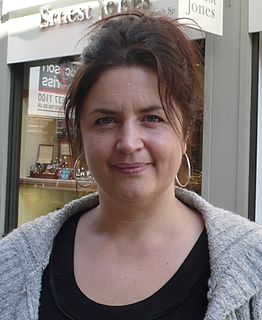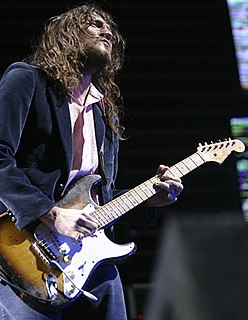A Quote by Neil Gaiman
A novel seemed the easiest way to get what I had had in my head into the inside of other people's heads. Books are good that way.
Related Quotes
The late '90s were a really bad time for people trying to be rock stars, you know what I mean? It seemed like everyone was a one-hit wonder on the radio. We had friends who had a hit single on the radio and sold 500,000 records, and then they couldn't get arrested a year later. I had this feeling at the time that that was not possible anymore, so the idea of becoming the biggest band in the country—it seemed laughable. I felt that having those sort of ambitions was foolish, because there was no way that was going to be possible. If you saw it that way, you were just deluding yourself.
People talk about Frank Sinatra all the time - and they should talk about Frank - but he had the greatest arrangers. They worked for him in a different kind of way than they worked for other people. They gave him arrangements that are just sublime on every level. And he, of course, could match that because he had this ability to get inside of the song in a sort of a conversational way. Frank sang to you, not at you, like so many pop singers today. Even singers of standards.
Are people drawn to each other because of the stories they carry inside? At the library I couldn’t help but notice which patrons checked out the same books. They appeared to have nothing in common, but who could tell what a person was truly made of? The unknown, the riddle, the deepest truth. I noticed them all: the ones who’d lost their way, the ones who’d lived their lives in ashes, the ones who had to prove themselves, the ones who, like me, had lost the ability to feel.
I never had the idea of moving to Paris and becoming something. I liked the idea of living in Paris because it seemed to have so many parts of life I really enjoyed. The people there seemed to prize literature and art, food and drinking, a more hedonistic way of living. My ambition was to be cosmopolitan. I grew up in the suburbs. I went to college in Maine. I had a dream in my head that if you wanted to be the most urbane, living-life-to-the-fullest kind of person, Paris was the place to be.
As a kid, I was a big reader. Books and theater were the way I understood the world, and also the way I organized my sense of morality, of how to live a good life. I would read all night. My mom would come into my room and tell me I had to go to sleep, so I would hide books under my bed. At first I had a tough time getting through novels, so I read plays, because a play is generally shorter and has all those tools for getting people hooked early on.


































